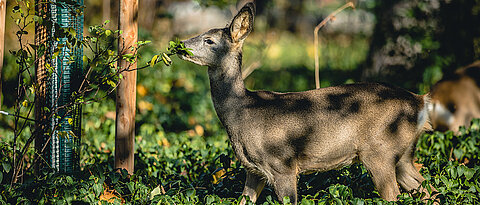
Even in sunny forest gaps, browsing by roe deer prevents the natural regeneration of many tree species. Researchers at the University of Würzburg show just how strongly these ungulates shape forest development.
more
Even in sunny forest gaps, browsing by roe deer prevents the natural regeneration of many tree species. Researchers at the University of Würzburg show just how strongly these ungulates shape forest development.
more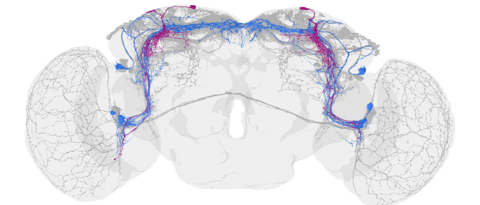
A tiny neural network is sufficient to control the daily rhythm of the fruit fly, Drosophila melanogaster. Researchers at the University of Würzburg have shown that only four specialized nerve cells are necessary to drive the animals' endogenous clock.
more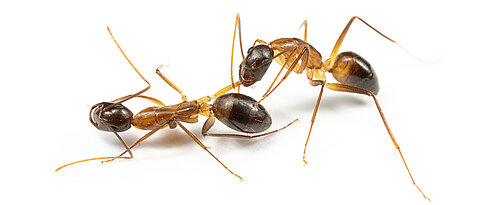
Carpenter ants are not squeamish when it comes to caring for the wounded. To minimise the risk of infection, the insects immediately amputate injured legs – thereby more than doubling their survival rate.
more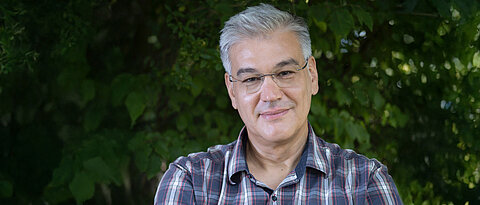
Healthy growth of wheat, maize and other crops is not possible without the plant's own hormones. Professor Ulrich Hammes is investigating the proteins that help the hormones reach their sites of action.
more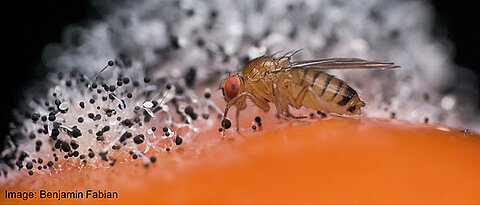
Fruit flies in the home? Professor Silke Sachse from the Biocentre, an expert on these insects, has some simple tips.
more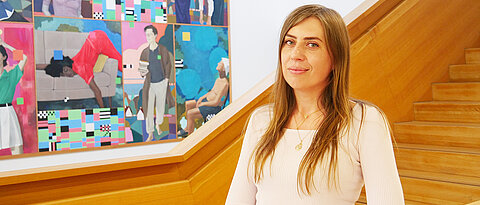
Dr. Mariana Prokopuk studies invasive aquatic plant species and their adaptation to new habitats. She is currently at the University of Würzburg on a Coimbra Group scholarship.
more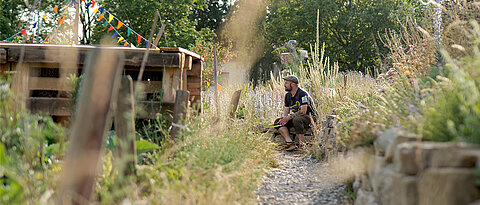
Walks around the Würzburg Hubland campus with University Chancellor Uwe Klug, with the "Living Campus" initiative or with students in the campus garden: A total of 20 new short films deal with sustainability at the university.
more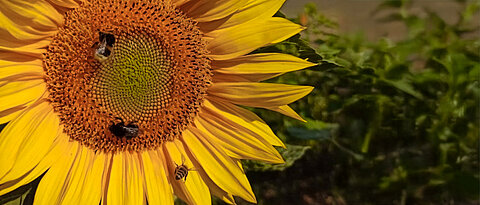
Improving biodiversity and maintaining yields at the same time? For many, this sounds like a contradiction in terms. However, a new study by the University of Würzburg shows that both are possible under the right conditions.
more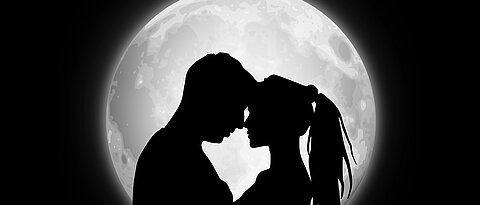
It is highly likely that the female menstrual cycle was originally synchronized with the lunar cycle. This has changed significantly with the rise of artificial light and smartphones, as a new study by the University of Würzburg shows.
more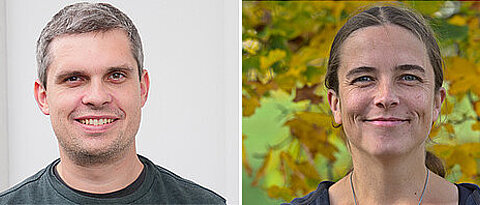
Two researchers from the Würzburg Biocentre have been awarded prestigious grants for their projects: The European Research Council's Starting Grants are worth €1.5 million each.
more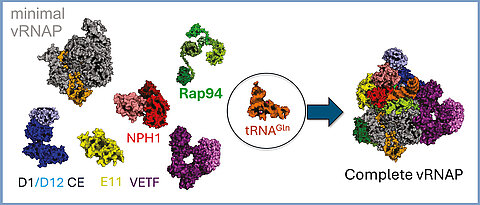
A study from Würzburg reveals: pox viruses have developed a unique strategy to rapidly multiply after infecting a host cell. The findings uncover a previously unknown role for a well-known molecule and may serve as a starting point for the development of new antiviral agents.
more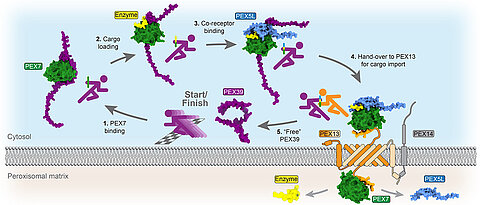
An international research team has identified a new protein that specifically transports enzymes into peroxisomes. Its mode of action is extraordinary: it operates like a relay racer.
more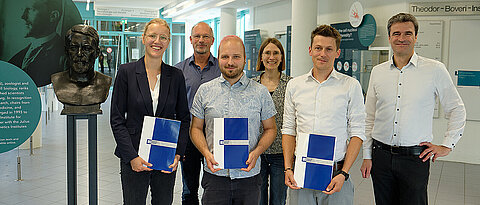
Once a year, the Biocentre of the University of Würzburg presents the Science Award to outstanding junior researchers. In 2025, three young scientists received the award.
more
A new mathematical model shows how the costs for farmers change when their plants develop fungicide resistance. It was developed by an international research team.
more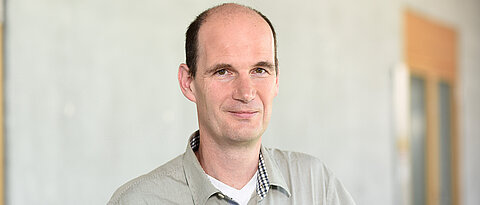
Great recognition for a Würzburg researcher: The European Molecular Biology Organisation (EMBO) has elected biochemistry professor Utz Fischer as a member.
more